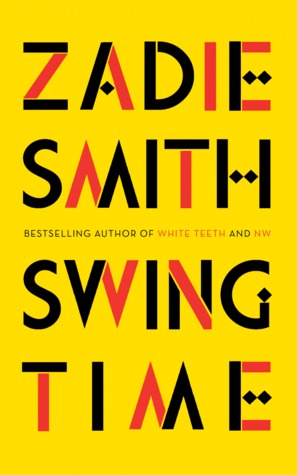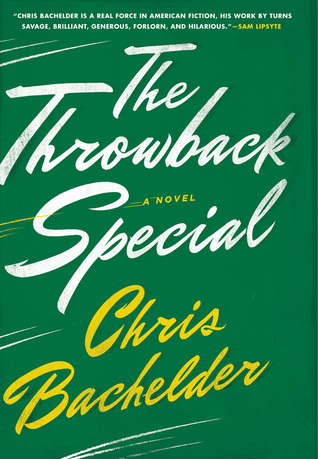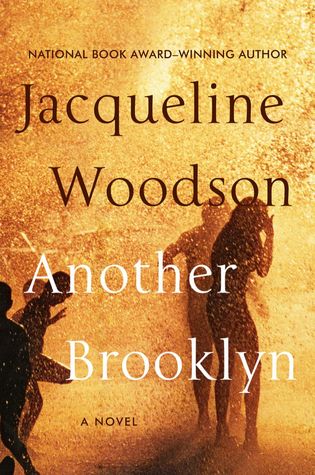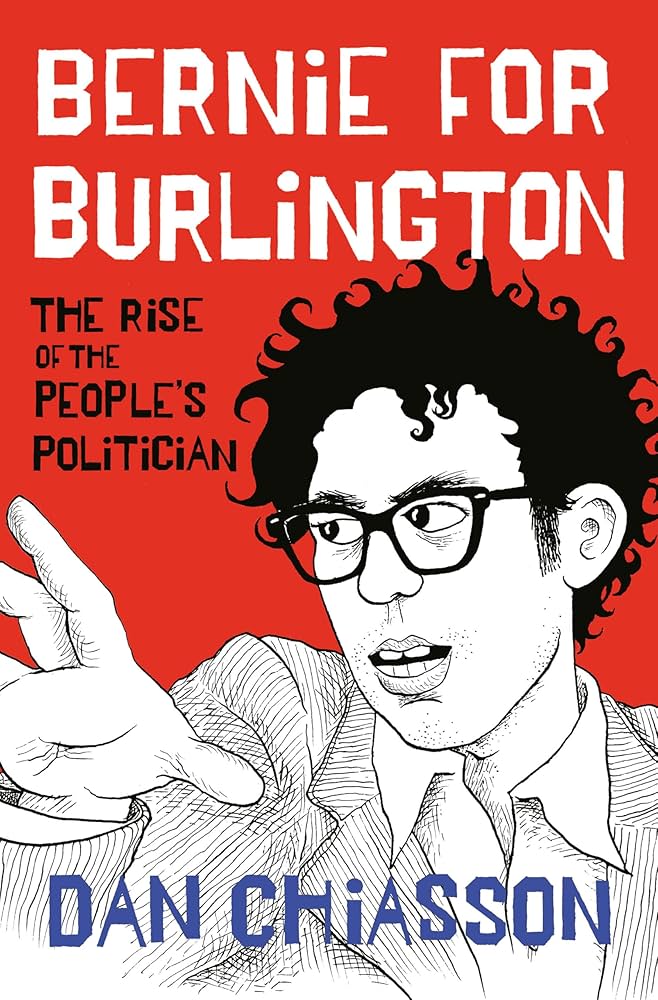This February, we’re busily reading new novels by three award-winning authors who will be visiting us next month for LitFest at Amherst College. If there’s a common thread for this month’s Friday Reads, it’s memory: commemorating events, friendships, departures, and failures. But it could just as easily be their outstanding quality, as we contribute to the already effusive praise these books have earned. Get reading, and then join us March 2-4 for LitFest!
Recommended:
Swing Time by Zadie Smith, The Throwback Special by Chris Bachelder, and Another Brooklyn by Jacqueline Woodson.

Swing Time by Zadie Smith, recommended by Jennifer Acker (Editor in Chief)
From the first line — “It was the first day of my humiliation.” – Swing Time bursts forth with fervent emotion and zest. After a brief confessional prologue, the novel opens to an all-engrossing, rivalrous friendship between two young girls who share a love of dance and the same tan-brown skin. Her friend, the talented one, will go on to have some commercial success, but the narrator will carry this deep longing within her, from her childhood in a council estate in the early 70s, through the first years of her adulthood in which she is being unceremoniously released from a job of near servitude with an international popstar. Smith’s own home territories of London and New York are vibrantly on display in this book, but so is a new place, Gambia, where the popstar has chosen to bestow a school for girls. The narrator, whose father is white and mother is Jamaican, like Smith herself, has some ancient roots here, as it was for centuries the heart of the slave trade, and Smith shows that today, too, powerful white people get their way, while young Gambians are pulled between fantasies of escape to the West and the spiritual fortifications of a home-grown fundamentalist Islam.
Unlike Smith’s two most recent novels, On Beauty and NW, romantic love is not much on display in this book, and one is glad because it leaves space for the narrator’s deep exploration of relationships between women: the complicated intimacies of friendship and between mothers and daughters. Swing Time sings with the freedom of first person (the first of Smith’s novels from this point of view), while containing all of this author’s trademark wit, outstandingly rendered dialogue, and cultural and historical observations of place, class, and race. When the narrator remarks of a frenzied eruption of street dancing “here is the joy I’ve been looking for all my life,” we are even more delighted, because this joy is the reader’s too.

The Throwback Special: a Novel by Chris Bachelder, recommended by Joseph Moore (Amherst College professor)
Chris Bachelder’s insightful and very amusing novel immediately raises the question of audience. The very premise is historically specific and outrageous enough. A group of middle-aged men gather annually to reenact a famously gruesome moment in American sports history—the fateful Monday night in October 1986 when quarterback Joe Theisman had his leg snapped live (and in replay) on national television by New York Giants’ fearsome linebacker, Lawrence Taylor. Now, I’m squarely in the novel’s target audience—a middle-aged American male, myself, confronting the same life-issues as Bachelder’s characters. And like them, the play and its players are forever etched in my memory. Yet even I squeamishly put the book aside after the opening, two-page description of that horrible incident. How many people, I wondered, will actually read this book? Just then, a note fell out from the friend who had sent me her copy: “Not sure I understand this book, but know you will. It’s great!” So, I picked back up The Throwback Special, and read.
The novel isn’t really about football, of course, or even about the pedestrian anxieties of middle-aged men, though there’s plenty about both of these. It’s about, well, the human condition—the deep and thematized fears we all bring to social interaction, to aging, and to the possibility of Theisman-like tragedy. For me, it’s about the way we struggle with the memorials, the rituals and the communities we ourselves construct in our quest for meaning. Of course, putting it this way belies the brilliantly imaginative, laugh-out-loud details of Bachelder’s investigation, and the profoundly comic insights it uncovers. So in the end, my friend’s note was spot on: pick up this book, even if you don’t like football, and keep reading.

Another Brooklyn by Jacqueline Woodson, recommended by Emily Everett (Managing Editor)
I have vivid memories of reading Maya Angelou’s I Know Why the Caged Bird Sings as a teenager. That was when I first discovered that poetry and prose could slide together on a page, glowing with an otherworldliness that coats the grit of Stamps, Arkansas. I was struck with the same wonder from the first pages ofAnother Brooklyn, a slim novel that imbues 1970s Brooklyn with the surreal magic of exquisitely poetic language, subtle danger, and adolescent energy. It’s not a paradise – there are junkies on the corners and bodies in the parking garage – but Woodson pours life and verve into every city block. August and her friends live in a Brooklyn where the park can quickly turn into a dance party, complete with DJ, cardboard for the breakdancers, and bushes to hide their teenage romances.
The story starts with August returning to the city for her father’s funeral, with the perspective gained from an Ivy League education and work as an anthropologist. But soon we’re back in the borough of her childhood, transplanted from Tennessee with her father and brother. Another Brooklyn is a book built on the holes left behind, the spaces where people and things should be, or used to be, or might one day come back to if you repeat it enough. Drugs disappear mothers, growing bellies disappear friends; the men and boys turn to Islam and the girls turn to each other: “My brother had the faith my father brought him to, and for a long time, I had Sylvia, Angela, and Gigi, the four of us sharing the weight of growing up Girl in Brooklyn, as though it was a bag of stones we passed among ourselves saying, Here. Help me carry this.”




